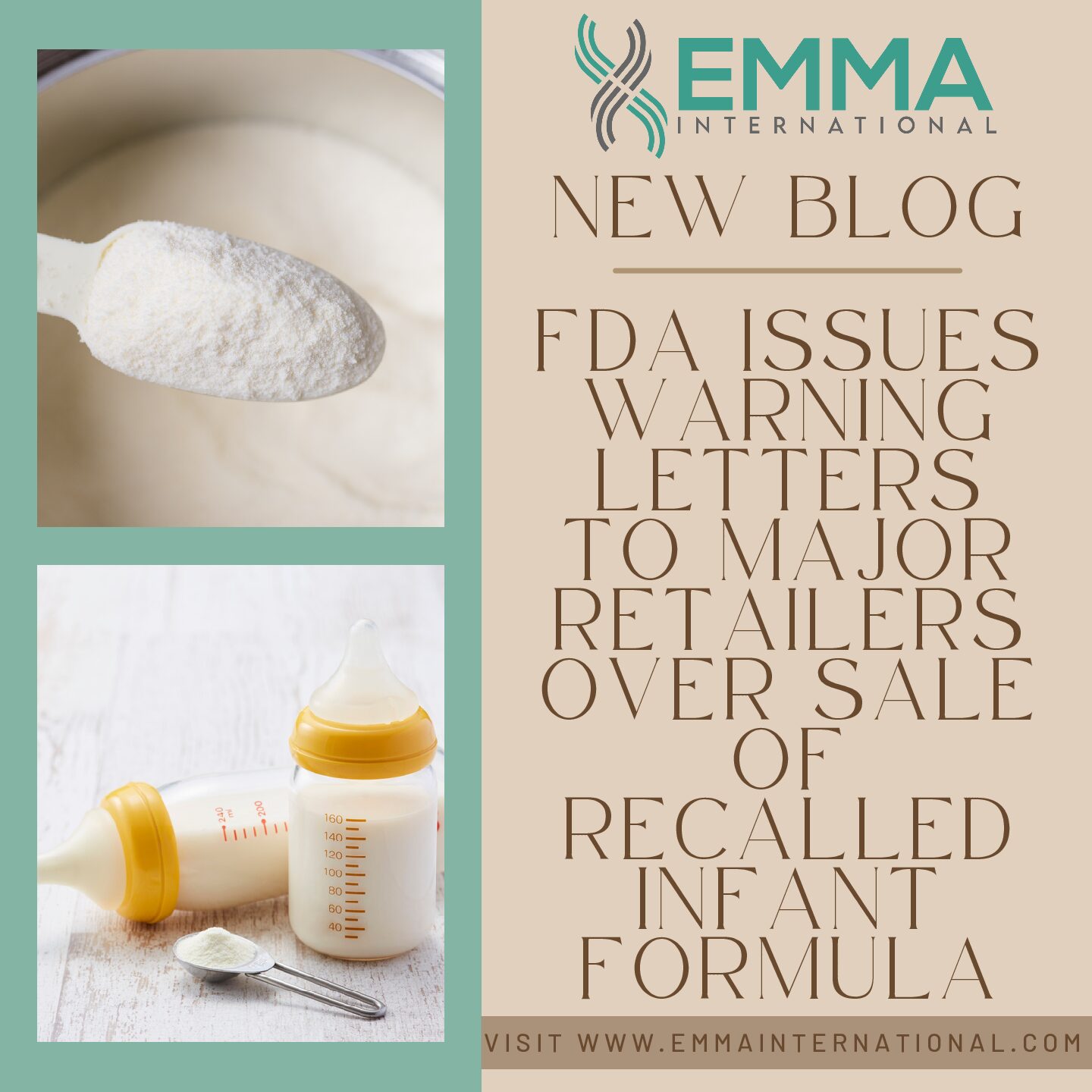The Supreme Court recently overturned, by a 6-3 vote, the landmark 1984 decision in Chevron v. Natural Resources Defense Council, which later became known as the Chevron Doctrine. The Chevron doctrine significantly impacts the regulation of FDA-regulated products. This legal principal mandates that courts defer to administrative agencies’ interpretation of ambiguous statutory language within their jurisdiction, provided the interpretation is reasonable. This doctrine profoundly affects how the Food and Drug Administration (FDA) governs pharmaceuticals, medical devices, food safety, and other health-related products.
The Chevron doctrine operates on a two-step framework:
Step One: Has Congress directly spoken to the precise question at issue? If the statutory language is clear, both the court and the agency must follow the statute.
Step Two: If the statute is ambiguous, is the agency’s interpretation reasonable? Courts should defer to the agency’s interpretation if it is deemed reasonable.
This deference recognizes that agencies possess specialized expertise and are better equipped to interpret complex and technical regulatory statutes than courts.
The Chevron doctrine significantly influences the FDA’s regulatory actions in several ways:
Regulatory Flexibility and Innovation
The FDA operates in a dynamic environment, continuously adapting to scientific advancements and emerging public health threats. Chevron deference allows the FDA to interpret statutes in ways that accommodate new technologies and innovative products. For instance, the FDA’s regulatory approach to novel biologics or advanced gene therapies benefits from this flexibility, ensuring timely and efficient product reviews and approvals.
Consistency in Enforcement
The FDA’s ability to provide consistent and predictable regulatory oversight is enhanced by Chevron deference. Courts upholding the FDA’s reasonable interpretations of ambiguous statutes contribute to a stable regulatory environment. This stability is crucial for industries developing long-term research and development plans, ensuring that regulatory standards remain consistent over time.
Balancing Public Health and Industry Interests
The FDA’s dual mandate to protect public health and promote innovation often requires balancing competing interests. Chevron deference supports the FDA in making complex policy decisions that weigh safety concerns against the need for medical advancements. For example, when regulating potentially harmful substances in food products, the FDA must balance consumer safety with the economic implications for the food industry.
Responding to Emerging Challenges
Public health crises, such as the opioid epidemic or the COVID-19 pandemic, demand swift and decisive action from the FDA. Chevron deference enables the FDA to interpret its statutory authority expansively during emergencies, implementing measures to address urgent public health needs. This ability to act promptly is crucial for mitigating risks and ensuring the availability of essential medical products during crises.
Despite its advantages, the Chevron doctrine has faced criticism and legal challenges. Critics argue that it grants excessive power to administrative agencies, potentially leading to regulatory overreach. Some contend that Chevron deference undermines the judiciary’s role in interpreting the law and may result in inconsistent or unpredictable regulatory outcomes.
Recent judicial decisions and legislative proposals have called for limiting or reconsidering Chevron deference. For instance, the Supreme Court’s decision in Kisor v. Wilkie (2019) refined the application of Chevron deference, emphasizing that courts must thoroughly review whether a statute is genuinely ambiguous before deferring to an agency’s interpretation.
The Chevron doctrine plays a pivotal role in shaping the regulatory landscape for FDA-regulated products. By affording deference to the FDA’s expertise in interpreting complex and ambiguous statutes, Chevron deference ensures regulatory flexibility, consistency, and responsiveness to public health challenges. With the recent Supreme Court overruling, the industry fall-out and impact is still to be determined.
The Regulatory Experts at EMMA International are closely monitoring this developing situation. If you need support with navigating the regulatory maze for your product, reach out to us today at 248-987-4497 or email info@emmainternational.com to learn more.
Al-Faruque, RAPS (July 2024) Experts: Chevron deference ruling could impact recent FDA regulations retrieved from: https://www.raps.org/news-and-articles/news-articles/2024/7/experts-chevron-deference-ruling-will-likely-impac
Supreme Court of the United States (2019) Kisor v. Wilkie, Secretary of Veterans Affairs retrieved from: https://www.supremecourt.gov/opinions/18pdf/18-15_9p6b.pdf





